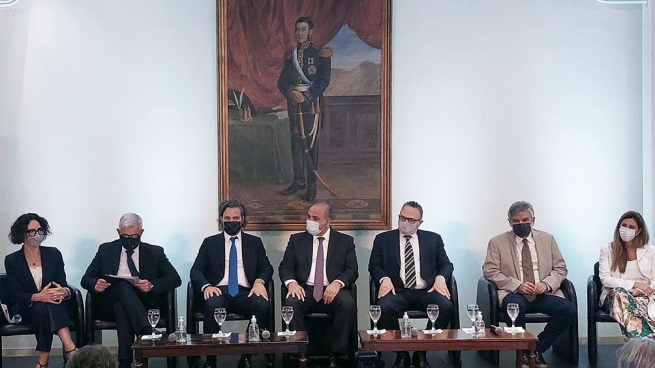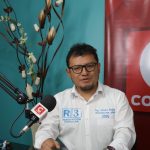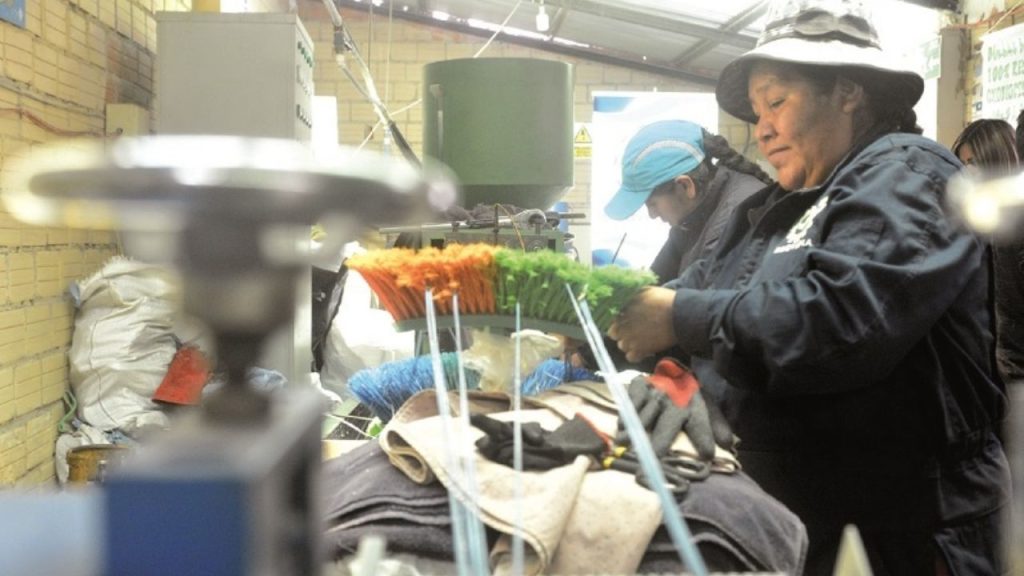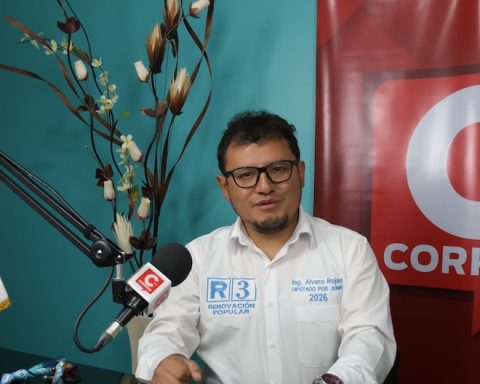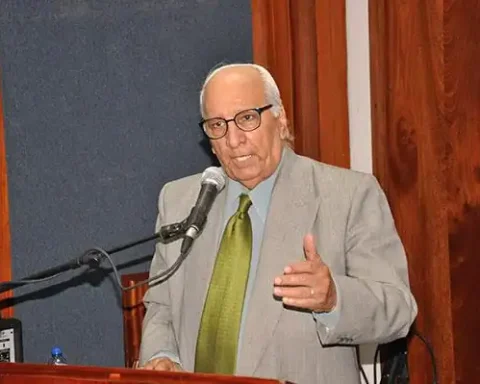The Chief of Cabinet, Juan Manzur, and Foreign Minister Santiago Cafiero presented this Wednesday, in the Liberator Room of the San Martín Palace, the Export Promotion Plan 2022.
Based on existing projections, 2021 will close with a figure close to US $ 75,000 million.
The ministers of Agriculture, Livestock and Fisheries, Julián Domínguez; of Productive Development, Matías Kulfas; and of Science, Technology and Innovation, Daniel Filmus; the Secretary for International Economic Relations, Cecilia Todesca Bocco; and the Undersecretary of the Knowledge Economy, María Apólito.
“We seek that different development vectors are incorporated and we are jealously watching how adds value to exports, with capacities that we have to get involved in this great challenge for the State, which is to reach 100,000 million dollars a year, which is a measurable and concrete challenge, “said Cafiero in the presentation.

He stated that “the Economic recovery in the different activities, the entire productive network is giving these symptoms “and he stressed that” today we have new vectors of export development such as knowledge-based services, Besides the opening new markets Y new exportable offer“.
For his part, Manzur pointed out that “this year, with all the difficulties and increases in containers and freight, Argentina achieved or will end the year exporting in the order of 75 billion dollars” so “it’s time to double down efforts in this direction “.
“It’s $ 75 billion with projections that in 2023 we can be in the order of 100 billion dollars“he added.
He said that this advance in exports “represents production Y job, this is what we are looking for “and he aimed to” put a lot of emphasis on regional economies“and” see how we start to add value and we encourage production inside of Argentina”.

In turn, Kulfas stated that “we have a Cyclical structural problem of lack of foreign exchange and one way to solve it is by increasing exports“and pointed out that this is” the virtuous and genuine“.
He stressed that “today we see a growing economy, what has recovered what was lost in a pandemic in product and employment “for what is necessary”ensure sustainability macroeconomic and a key aspect is the external sector “.
Meanwhile, Domínguez said that in 2020 and 2021 there were “two record years of meat exports in Argentina and there is still talk of stocks “and assured that” the Argentina today has things to celebrate in meat matters, we have made a cycle of record exports“.
He added that “cereals is another good newsWe have a record export of wheat, more than 12.5 million tons and there are orders for several million more “.
“We have back to supply the demand of the domestic market, not incompatible with export“, remarked the minister.

Filmus stated that “one of the core objectives has to do with helping change or improve the export matrix from the contribution of the Science and Technology“and appreciated the approval last year of” two very important laws, the Knowledge Economy Law Y Financing Law of the National Science and Technology System“.
“This law creates the conditions of get closer to other countries that are in 1% investment in science and technology“, he claimed.
For his part, Apólito stressed that “the Knowledge Economy must be integrated into the export policies of Argentina, for all the potential that it has already demonstrated and that it is having from the Law (of Knowledge Economy) that was definitively put into operation in March of this year “.
In that sense, he added that “of the 360 companies that are already registered in the registry, almost the 70% are exporters. And this will continue to increase when we continue to incorporate companies that come from areas other than the software, as the biotechnology or those of the satellite industry. I think we will continue to have this proportion or even higher. And the Law itself obliges companies to increase their exports and their investment in R&D“.
Finally, Todesca pointed out that “the Argentine economy is growing a lot and this is based on two things: capabilities and public policy, in particular the industrial policy. No country can develop without industrial policy. “
He added in that sense that “it is not true that the market does it alone, it is not a question of indiscriminate opening without any strategy; there are no examples in the world of economic development based on those premises. “
He valued that “exports are at 72 billion we would be ending the year between 75 and 77 billion” and considered that this is “a very important starting point for this 2022 plan “.
The Export Promotion Plan 2022 was developed within the framework of Public Private Council for the Promotion of Exports, with the participation of 365 cameras and entities linked to foreign trade, which bring together more than 18,000 companies belonging to 76 Argentine export complexes.

The plan contemplates 280 shares for next year, including Argentina’s participation in 142 international fairs, the realization of 48 rounds of business, 58 trade missions, 9 workshops offering technology and 23 sector positioning actions.
The positioning actions consist of commercial promotion events called “Argentine days“and associated with any Argentine industry (audiovisual, publishing, theater, music, plastic arts, meat, fishing, food, etc.) with the aim of position Argentine industries based on their quality and expand the network of foreign buyers, partners and investors.
According to information from the Ministry of Foreign Affairs, this year exports will be around 77,000 / 78,000 million dollars, the highest record reached since 2013, and a trade surplus of $ 13.94 billion, which represents the largest of the last decade.
Exports of manufactures of industrial origin are the ones with the greatest expansion (49.1%) as well as those aimed at Latin American markets (46%).

